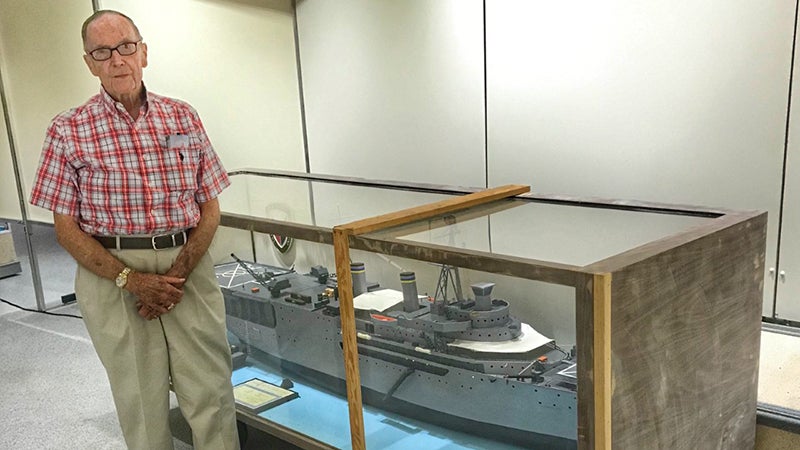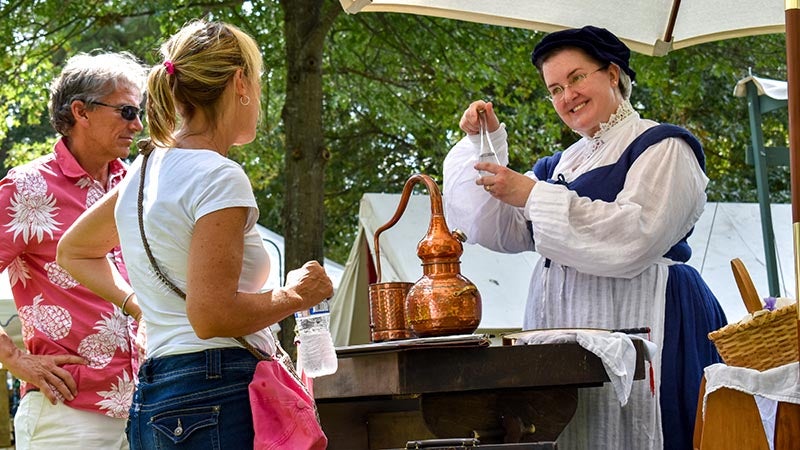Rountree to speak on local Indian tribes
Published 9:54 pm Friday, June 28, 2019
By Rachel Wartian
Intern
A Hampton Roads native and anthropological researcher on the Virginia Indian tribes will speak in Smithfield on July 9.
Dr. Helen C. Rountree will speak about her studies on the Indians that lived and still live in the Tidewater area at 7 p.m. July 9 at the Smithfield Center, 220 N. Church St., Smithfield. She will be talking about the Powhatan tribes on the south bank of the James River after English settlers arrived in 1607 and connect the past to the present.
Rountree’s interest in the Virginia Indian tribes began after she got an opportunity to do field work in Nevada. There she met some Virginia Indians through the local people. Rountree learned more about the tribes and their first contact with the colonists.
“From there, I just kept on collecting info and historical records. I had enough by ’71 to ’73 to use it in a doctoral dissertation, and kept on collecting after that,” said Rountree.
Most of her research has taken place in Virginia. Rountree visits state libraries, county courthouses, historical society collections, and people who are willing to talk. All the tribes she has worked with have not been any farther than Tappahannock. She finances everything herself through her savings.
Due to her research and activism, Rountree is now an honorary member of two Virginia tribes. In 1982, Rountree spoke for the Upper Mattaponi tribe as the tribe was trying to get back its old tribal schoolhouse from King William County. They won the case, and the schoolhouse is now a museum.
In 1984, Rountree became an honorary member of what is now the Nansemond Indian Nation after assembling eye-witness documents to show the General Assembly members. The papers proved that the tribe connected back to 1607 and deserved state recognition. She has helped several other tribes in Virginia gain federal recognition.
“For me, at least, the Virginia Indians’ story has a happy ending, not a sad one,” Rountree said.
Rountree’s writing has given her the title of a leading researcher and writer on Virginia’s Indians. However, this was not her aim. As a professor at Old Dominion University, she was encouraged to write scholarly books, which she was more than willing to do.
“I wanted to give the Virginia tribes the reputation that I had discovered they deserved by showing they authentically went back, as tribes, to colonial times,” Rountree said. “In the process, I stuck it out longer and wrote more books than anybody else in the specialty did.”
Rountree has now published numerous books about her research. It was no easy task, as she filtered through masses of research to make it relevant and understandable in today’s vernacular.
“With the in-depth research, and managing not to let them overlap one another much, each book has taken me at least three years to produce,” she said.
A new book is currently being written about one of the greatest mysteries in the country just south of Hampton Roads. This book will touch on Indians of Northeastern North Carolina and their interaction with the members of the Lost Colony in the 1580s. These tribes are linguistic relatives of the Powhatans. This book will include detailed description about the culture, an account of how these tribes must have viewed the English settlement attempts, and what it was like to have the colonists move in with the tribe for survival.
“I’ve waited 40 years for some other anthropologist to do it, but nobody has,” Rountree said. “So, I’m doing it.”
The July 9 event is open to all. For more information, visit iwchs.com or contact Carolyn Keen at vahistorichouses@aol.com.





